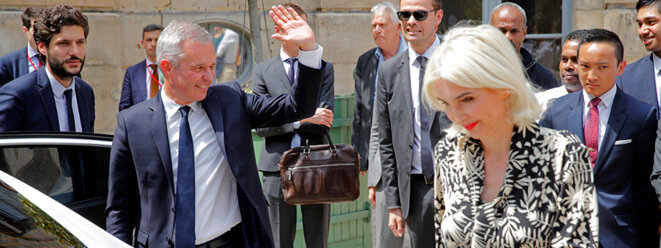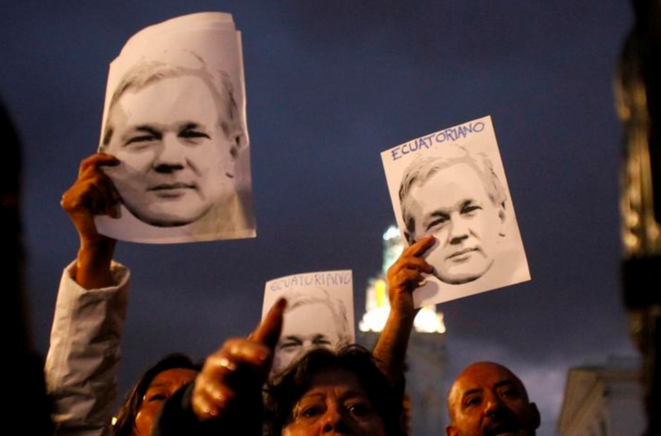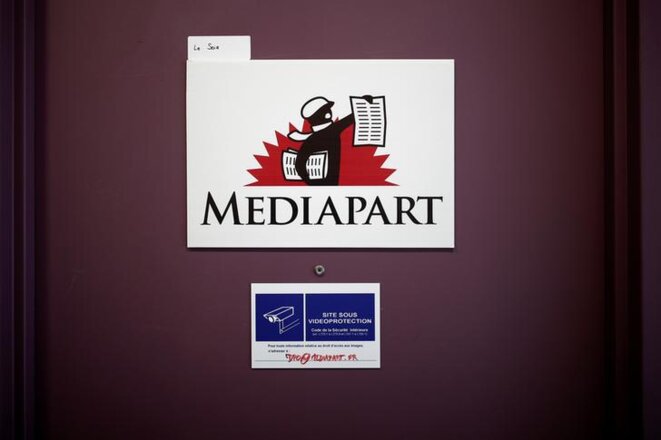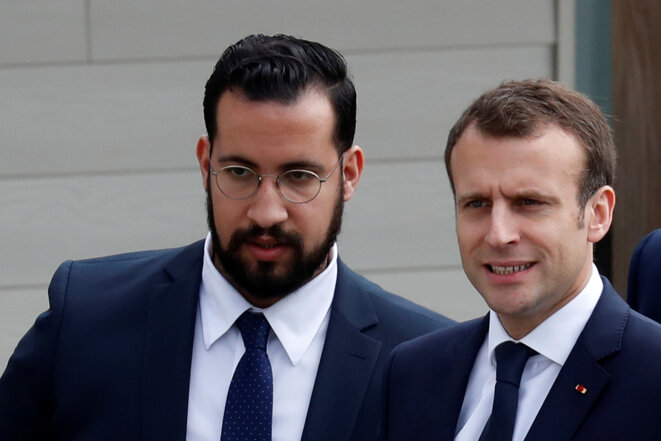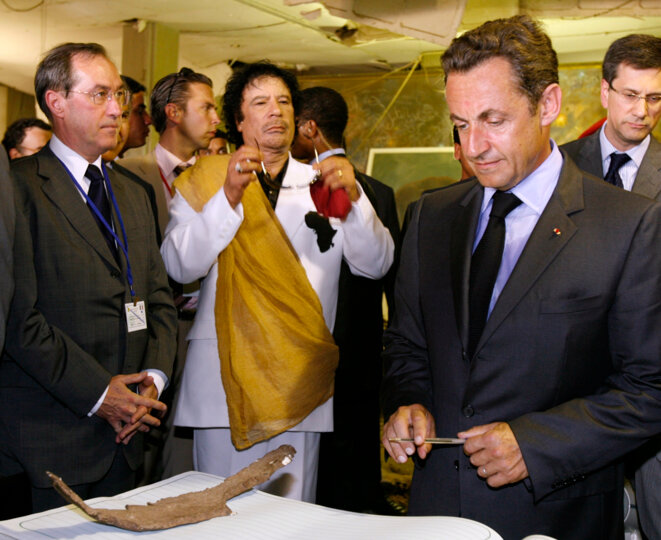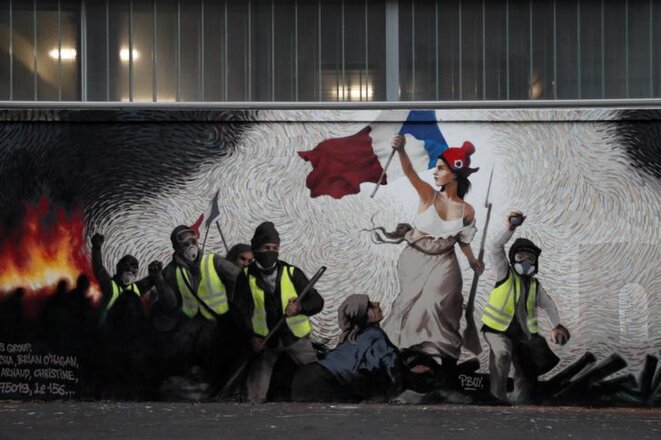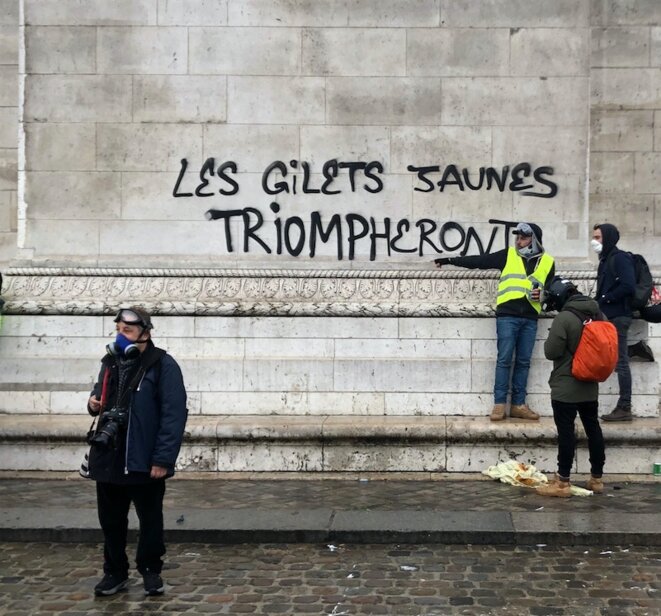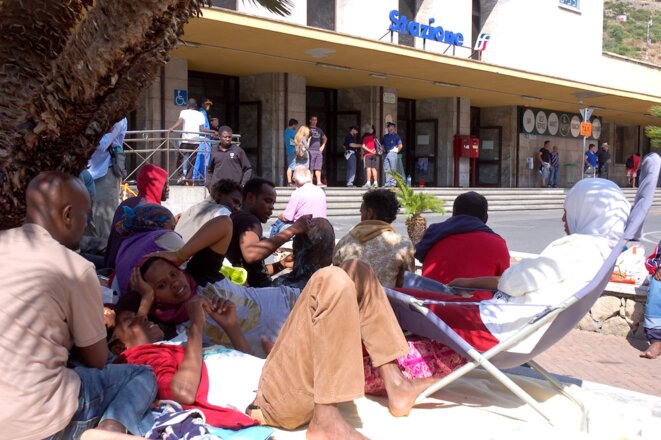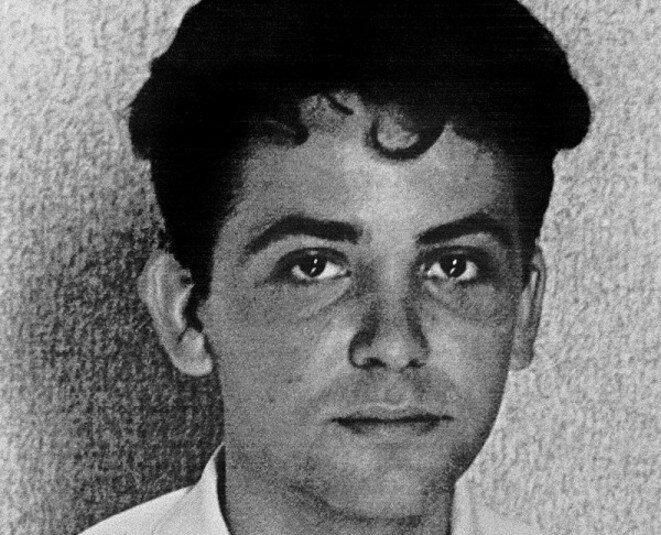Edwy Plenel
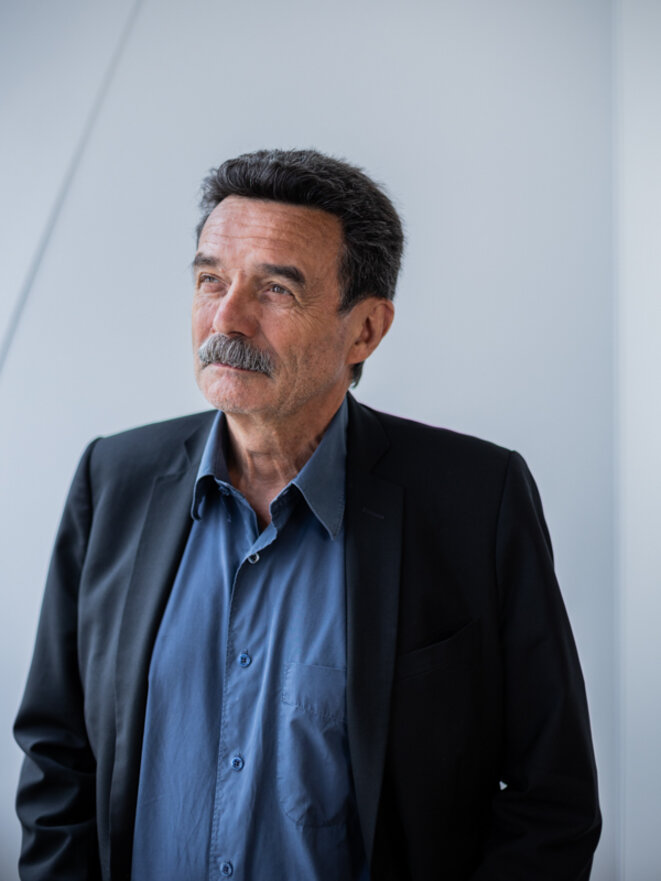
Né en 1952, journaliste professionnel depuis 1976. Après des débuts à Rouge (1976-1978), puis au Matin de Paris (1979-1980) au retour du service militaire, j’ai longtemps travaillé au Monde (1980-2005) dont je fus directeur de la rédaction. Cofondateur de Mediapart en 2008, j’en ai assuré la présidence et la direction de publication de sa création à 2024. Depuis, je continue à y contribuer, notamment avec L’échappée. Je suis l’auteur d’une quarantaine d’ouvrages (bibliographie complète disponible sur Wikipedia en français), dont les suivants concernent directement le journalisme : Le journaliste et le président (2006), Combat pour une presse libre (2009), Le droit de savoir (2013), La troisième équipe (2015), La valeur de l’information (2018), La sauvegarde du peuple (2020). J’ai donné des enseignements aux universités de Montpellier et de Neuchâtel et à l’ENS de Paris.
Declaration of interest
In the interest of transparency towards its readers, Mediapart’s journalists fill out and make public since 2018 a declaration of interests on the model of the one filled out by members of parliament and senior civil servants with the High Authority for Transparency and Public Life (HATVP), a body created in 2014 after Mediapart’s revelations on the Cahuzac affair.
All his articles
All his blog posts
The Mediapart Club
Join the discussion
Mediapart’s journalists also use their blogs, and participate in their own name to this space of debates, by confiding behind the scenes of investigations or reports, doubts or personal reactions to the news.

Mediapart Journalist
342 Posts
4 Editions



